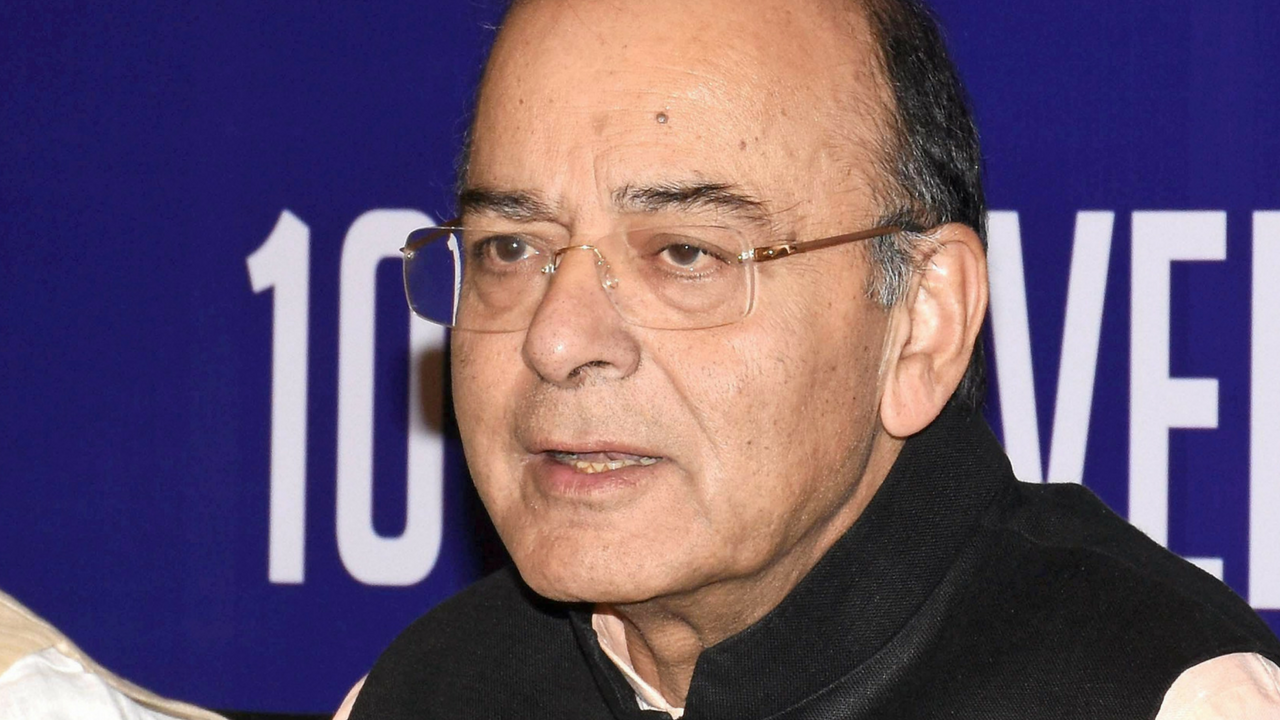Bulk of NPAs arose out bank loans before April 2014: Arun Jaitley

News Gateway / Bulk of NPAs / New Delhi /
The bulk of NPAs of banks have arisen out of loans given before April 1, 2014, due to aggressive lending and without proper risk assessment and even without being backed by securities, the government today said in the Rajya Sabha.
Replying to questions on rising NPAs of banks, Finance Minister Arun Jaitley made it clear that the government has not written off any bank loan and the liability of the borrowers for repayment of these loans remained.
“One thing is clear that there has been an aggressive lending practice and at times laxity and at times lack of risk assessment as far as grant of loans are concerned. And, that is why a very large number of these loans became NPAs. Many of them are not backed by adequate securities also,” he told the Upper House during the Question Hour.
“Qua the borrower, the liability remains. But the banks change the identity of the loan to ensure that income tax relief is sought by the bank. One should clear this misconception from the mind that the government or the banks have waived of Rs 55,000 crore,” he told the members.
Whenever specific facts have come to notice as far as banking industry is concerned, he said both the regulator and banks and the investigative agencies have been accordingly taking action from time to time.
Noting that the NPA debate will never end, former Finance Minister P Chidambaram asked whether performing loans as on March 31, 2014, have become non-performing later and whether that is a scam.
Taking on record the minister’s claim that earlier the regulation was lax and the asset regulation value has now been made stricter, he asked whether the minister has the data now or will he furnish it to the House later as to how many loans given by banks after April 1, 2014 have become NPA today.
“Obviously, the question does not relate to loans given with regard to particular dates. But, it is absolutely clear that bulk of these NPAs have arisen out of loans that were given prior to April 1, 2014,” Jaitley said in reply.
In his written reply, Jaitley said as a result of transparent recognition of NPAs, the NPA amount of public sector banks rose from Rs 2.16 lakh crore (domestic) as on March 31, 2014 to Rs 7.33 lakh crore (global) as on September 30, 2017.
As per the list provided to the House, Jaitley said the gross NPAs (global) of State Bank of India is the highest at Rs 1,86,115 crore, followed by Rs 57,630 crore of Punjab National Bank and Bank of India of Rs 49,307 crore as on September 30.
Against this, the SBI has gross NPAs (domestic) of Rs 76,030 crore, followed by PNB with Rs 18,611 crore and Central Bank of India with Rs 11,500 crore and Rs 10,274 crore of Bank of India, as on March 31, 2014.
Earlier, while replying to Neeraj Shekhar (SP) who asked if government would order a probe into the alleged scam on NPAs during UPA, he said in 2015, the Reserve Bank of India reviewed asset quality of all banks and found many such assets shown as performing assets in the accounts had been non-performing and should be accounted as NPAs.
This, he said, is the first reason for rise in NPAs and the second reason for the rise is the interest added to it.
Jaitley said the banks did aggressive lending and some accounts defaulted willfully as they did not make proper risk assessment.
“Whatever action is to be taken as per law is being taken and even criminal liability has been fixed. The process of recovery in cases of business losses is also being carried out,” he said.
The Finance Minister also made it clear that neither the government, nor the banks waive off any corporate loans.
“No one waives the loan. After four years when the loan is non-performing and its recovery is bleak, then its category is changed, but the recovery liability remains,” he said.
When CPI’s D Raja asked why the government does not reveal the names of wilful defaulters and why it cannot treat it as a criminal offence and proceed accordingly, Jaitley said the names of wilful defaulters are regularly given by the banks themselves.
“Let us remove this misconception. As far as normal banking transactions are concerned, there is a certain kind of confidentiality. With regard to wilful defaulters are concerned, there is a separate category with regard to which no secrecy is maintained,” he said.